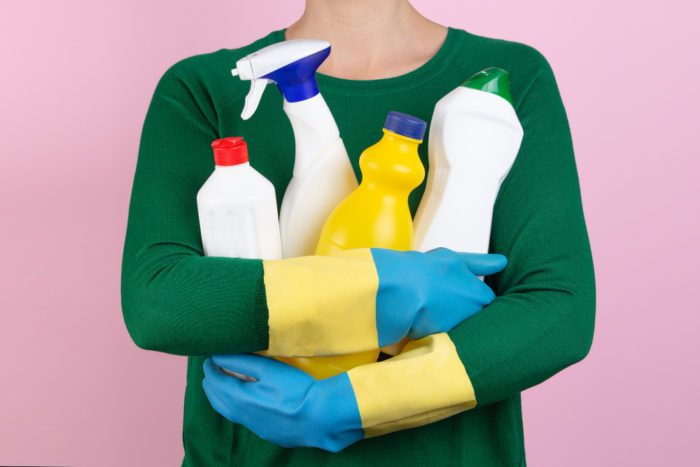We all know that termites rarely bite, but when they do it may cause pain and itching. It is better to eliminate them but how? How to kill them?
So when the matter is about killing, bleach is the best chemical to go ahead with. Mould, ants, and termites all can be killed by bleach on encountering. So yes bleach is a threat to termites.
In this article, we will have a deeper look at bleach’s effect on termites.
Important Note: If you're tired of pests and want a reliable solution, then you should definitely consider seeking help from a professional pest control company. DIY solutions can be effective, but if you're dealing with a significant pest infestation, you don't want to rely solely on DIY methods. Pest control companies typically don't charge huge fees. You can fill out this form to receive free quotes from the top local pest control companies, and compare the quotes and see for yourself. Then, finally, your pest problems will be eliminated for good.
How does it work? Its side effects, alternatives, everything will be covered here.
How Effective Bleach is

Termites build their nest deep inside the ground. There are thousands of termites that are residing underground.
When pouring bleach directly onto termites, it will kill those who are on the surface but what about those thousands, residing underground. Overall we can say that we can eliminate termites but destroying their nest is not possible through bleach.
How to Kill Termites with Bleach?
All we have to do is to look for the best brand for the purpose. Clorox is the most popular brand for this.
All the other brands are also capable of doing this. Pour bleach onto the residing area of termites. The toxicity of the bleach will kill all of them when making contact with the bleach.
Gloves are a must to protect hands as bleach is a chemical, it may damage our skin on direct contact.
Why We Shouldn’t Use Bleach
The very first reason for not using bleach is that it kills plants. Soil is the key factor for the survival of plants as it provides them with minerals, water.
This soil efficiency depends on the ph level. If the ph becomes too high, its efficiency will decrease. Bleach has a ph level of 11, which will ultimately kill plants as it will affect the surrounding soil.
Bleach will be there for some time on the ground or soil when poured. There is a risk of bleach ingestion and inhalation.
If ingestion and inhalation did, it can burn a child’s throat and can cause stomach problems. Exposure to this poisonous chemical may hospitalize anyone.
Alternatives of Bleach

Many household products can become the alternative to bleach. These include lemon, vinegar, salt, etc.
Salt burns the sensitive exterior of the termite’s body thus proving to be a toxic antagonist.
Vinegar when diluted with water eliminates termites. It can be used as a spray application to interior wood and even as a mixture into the soil around the home.
Lemon juice works by targeting the digestive system of termites which will ultimately lead them to death. Lemon juice mixed along with vinegar is a powerful non-chemical way to kill termites.
Conclusion
Bleach is indeed a threat to termites but won’t work effectively. Its disadvantages only point towards the switching to its alternatives which are not only effective but at the same time are non-poisonous.
Safety and effectiveness both are ensured with lemon, vinegar, and salt. Thus proving them to be the best alternatives for killing termites instead of bleach.

